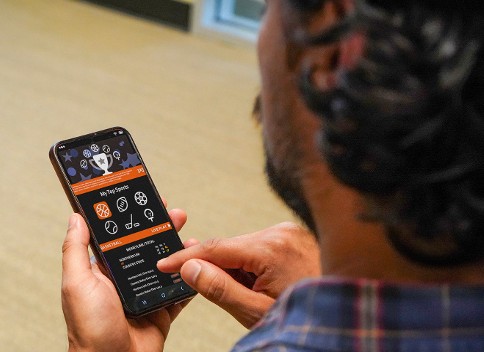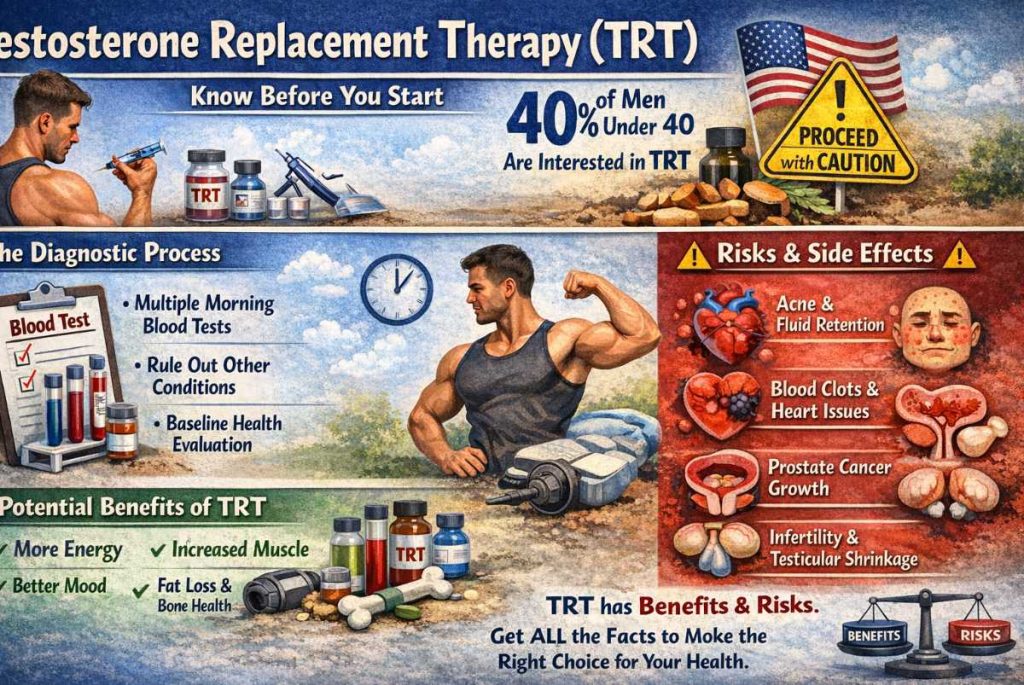Health and general well-being are directly tied to a multitude of factors. In the digital age, the scope and scale of these catalysts have only broadened. Technology and the services it provides impact everything from our mental well-being to our socioeconomic states and experiences. And that’s just the tip of the iceberg.
More recently, the proliferation of betting with sportsbooks online has entered this stratosphere. Betting on sports in the United States is now among the most accessible experiences in the country. At this writing, 40 of 50 states will have launched some form of legal gambling by the end of 2025, in addition to the District of Columbia and Puerto Rico.
Not surprisingly, the frequency with which people partake in the industry continues to climb as well.
According to ESPN’s Doug Greenberg, sportsbooks in the United States posted a record $13.71 billion in total revenue for the 2024 fiscal year. That is nearly a 25 percent increase over the $11.04 billion in revenue notched in 2023.
Financially speaking, then, the overturning of the Professional and Amateur Sports Protection Act by the Supreme Court of the United States has been a boon for both operators and state budgets. For so long, this has remained the primary focus of legal sports gambling in the USA.
However, as the industry continues to mature, some pretty serious downsides are beginning to take shape. Certain states are, in turn, seeking to take action. Places like Ohio and Massachusetts, in particular, are trying to implement more stringent regulatory practices. These run the gamut from rigid promotional guidelines to calling for individual betting limits and even financial background checks for customers.
All of this is being done in service of a precipitous rise in reported problem gambling. Multiple studies have shown that access to legal sports betting leads to an uptick in calls to gambling-addiction hotlines.
And more recent research suggests the surge in sports betting and overall wagering practices has a correlation to financial struggles, including and up to bankruptcy.
For as entertaining and profitable as sports betting can be, these are issues with which the industry will inevitably have to reckon. And while most expect sportsbook operators in the United States to provide ample push-back to many initiatives, a handful of mobile betting sites seem to be making small strides towards making the experience safer for everyone.
BetBlocker is Now Aligned with a Collection of Sports Betting Sites in the USA
BetBlocker is a free app that aims to restrict gambling access to willing participants. Per their official description, it “does not require registration and is used anonymously” and “allows users to manage their gambling by restricting their device from accessing online gambling operator websites for a period of their choosing—between 24 hours and five years.”
This is clearly a useful tool when it comes to self-monitoring gambling habits. Its use, however, isn’t what you would call mainstream. That may be on the verge of changing now that sportsbooks such as DraftKings, FanDuel, bet365, Hard Rock, ESPN Bet and more are partnering up with BetBlocker.
Here is Matthew Waters of Legal Sports Report with more details:
“Some of the biggest sportsbooks in the U.S. are stepping up their efforts to promote responsible gambling. This week, the Responsible Online Gaming Association (ROGA) announced a new partnership with BetBlocker—a free tool that gives people the option to block access to betting sites and apps.
BetBlocker first launched in the U.K. back in 2019, and it’s designed to help anyone who feels they’re gambling too much by shutting the door on both legal and unregulated operators. Right now, the app blocks over 118,000 gambling websites and around 1,500 apps—a pretty massive safety net.
Thanks to the new deal with ROGA, BetBlocker will soon roll out an extra feature that lets users set up a schedule. That means you’ll be able to block gambling sites during certain times or dates—like weekends, late nights, or whenever you feel most tempted.
“‘ROGA was established to raise the standard for responsible online gaming through collaboration, innovation, and a commitment to evidence-based practices,’ said Dr. Jennifer Shatley, executive director of ROGA. “Making resources like BetBlocker more visible and accessible is one way we put that mission into action.”
Relative to the state of the industry, this is a pretty big victory for those who want more meticulous, if not harsher, regulation. The willing participation of recognizable sportsbooks is also great optics for them.
Many are painted as socioeconomic pariahs, and the increasing frequency with which sports betting scandals are hitting the news aren’t doing them any favors, either.
The Sports Betting Industry is Going to Change…Because it Has to
By all appearances, the legal sports betting industry in the United States isn’t going anywhere. The dam opened in 2018 when power was afforded to each state to decide whether to legalize it. There is almost certainly no closing it now.
But this does not change the fact the industry has clear issues. And look, this is true of every industry. Nothing is perfect. There will be flaws. In this case, the issues are higher-stakes. We are talking about the well-being of people. The stakes don’t get any higher.
To that end, committing more resources to gambling addiction, its treatment and its prevention should feel like a no-brainer. It will cost both the states and operators money, but that overhead is an investment in the long-term viability of the industry.
If public perception of sports betting ever turns so starkly as to flat-out reject it, that won’t do the stakeholders any favors. So even if better regulation isn’t in their best immediate interests, it’s important to the bigger picture.
Opponents of announcements like this will point to any number of things. Some will simply see the task at hand as too daunting to undertake. That in itself is a flawed stance. Every little iota of progress helps. The pitfalls of sports betting won’t be remedied overnight. Heck, they will not be eradicated entirely at any point whatsoever.
Gradually, though, partnerships like this and bills such as the Better Health Act in Massachusetts can make a meaningful dent in the risk-reward profile. This may not become commonplace in the next year, two or even three.
But implementing more safeguards for the consumers—for the people—is already becoming more of a focus. That isn’t changing anytime soon. And the sports betting industry, as a result, just might.





